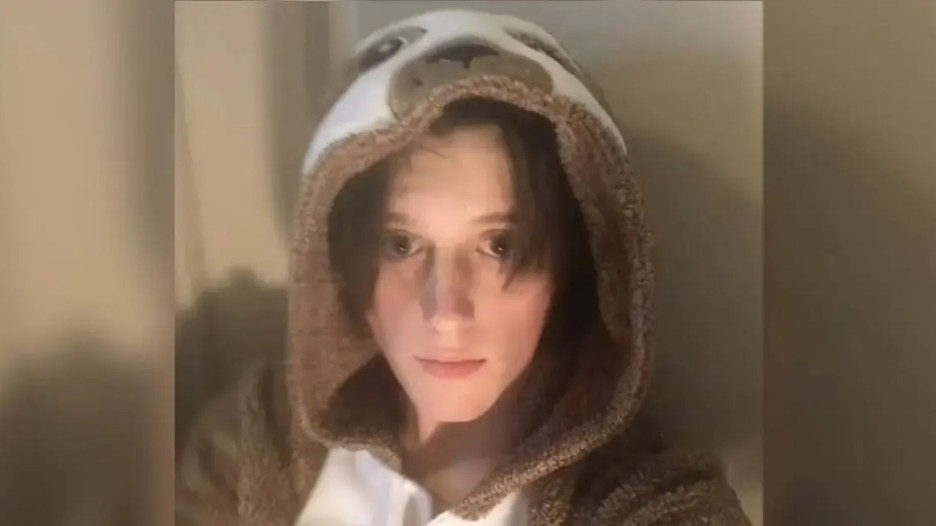Trans Lover of Charlie Kirk's Alleged Assassin Mysteriously Vanishes as Investigation Heightens

The young man identified in media reports as the transgender former roommate and partner of the man accused of killing conservative commentator Charlie Kirk faces a range of potential dangers if he resurfaces in public, law enforcement officials, legal experts and advocacy groups say.
Lance Twiggs, 22, has been described in multiple news reports as missing from the St. George, Utah, condo he shared with Tyler Robinson, who is charged with murder in Kirk's killing on a college campus.
Authorities, as per RadarOnline, have declined to confirm Twiggs' whereabouts or say whether he is cooperating with investigators, citing an ongoing investigation.

According to Economic Times, local law enforcement and federal agencies have not publicly detailed security measures for Twiggs, and Washington County Sheriff Nate Brooksby previously told media Twiggs was in a "safe space very far away from St. George" and needed to "lay low for a long time." That vague language has underscored concerns among civil-rights groups and legal analysts about his immediate safety.
Danger can come from multiple directions, advocates say. Online doxxing — the publication of home addresses, workplace information or other personal data — can lead to harassment and real-world stalking. Social media campaigns, amplified by partisan networks, can inflame local sentiment and prompt vigilante actions. In-person threats can escalate at public events such as rallies, hearings or community gatherings.
According to SkyNews, criminal defense attorneys caution that Twiggs also could face legal peril if he is located. If investigators believe he has knowledge of the crime and did not immediately report it, prosecutors could consider charges ranging from obstruction of justice to accessory, depending on evidence. Any detention or legal process would raise risks to his physical safety while in custody, particularly if other detainees or outsiders learn of his identity.
The New York Post reported that faith-based leaders who previously housed Twiggs told reporters he had been estranged from his family following conflicts over religion and substance use. Community members in St. George expressed anger after the killing, with at least one neighbor quoted in local media saying Twiggs and the accused should not return; such statements underscore the potential for hostility if he appears locally.
Civil-rights organizations urge authorities to provide clear protections and to coordinate with victim-services providers and LGBTQ-support groups, so that there should be transparency about safety arrangements, within the bounds of investigative confidentiality, and a plan for secure transport, temporary housing, and legal counsel are essential to reduce harm.
Federal prosecutors and the FBI have declined to comment on whether Twiggs is a witness, a person of interest, or a target of the investigation. Until officials provide more details, experts say the primary immediate threats to his safety remain online targeting, community retaliation and the psychological impact of prolonged exposure in a fraught public environment.
© 2026 Enstarz.com All rights reserved. Do not reproduce without permission.





